- Plan ItBack
- Design ItBack
- Build ItBack
- Homes
- ProductsBack
- CostsBack
- Self Build Cost Calculator
Estimate your project costs instantly with Build It's interactive self-build cost calculator
Calculate Now - Costs & Finance
- Contracts & Warranties
- Build It Estimating Service
Get an accurate, detailed cost breakdown of your project
Submit plans
- EventsBack
- My Account
Q&As
How can I raise funds for my self build project?
8 November 2023
by Elias Habib
I live in Hertfordshire St Albans in a very desirable area. I have an approved planning permission for a 3/4 beds detached house with parking. I need an advice on how raise the fund to build it or sell the land with the planning permission.



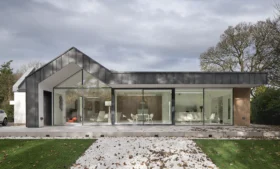
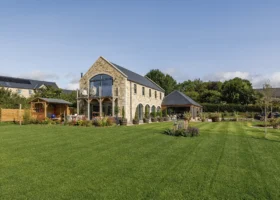
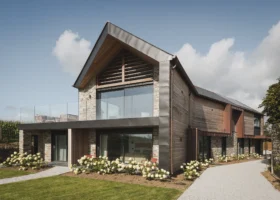
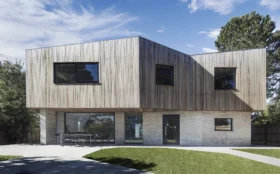
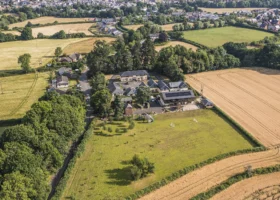

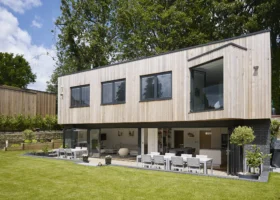
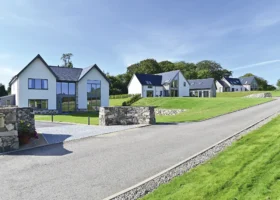
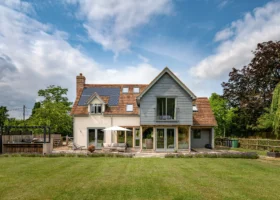

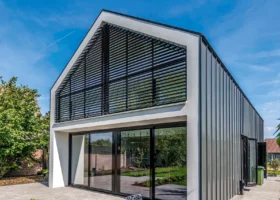

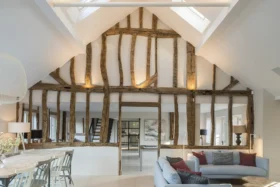
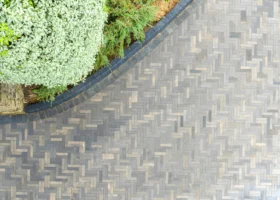



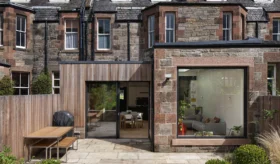
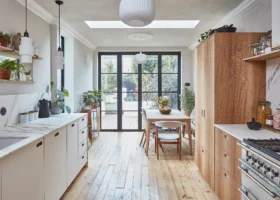









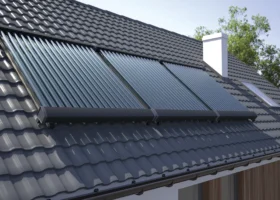
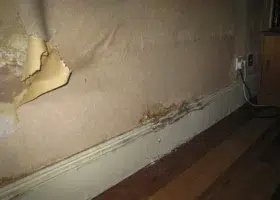

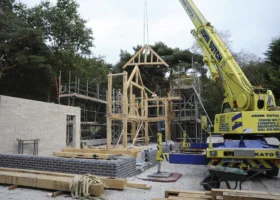
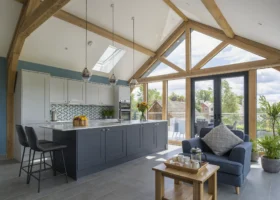
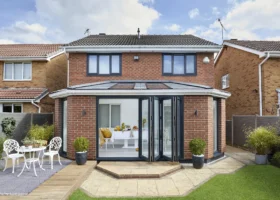

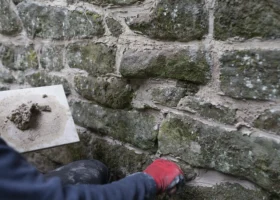
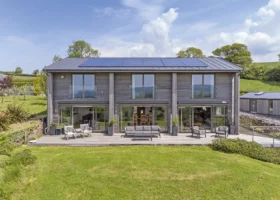
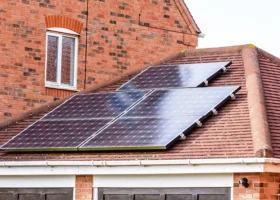
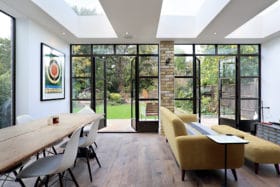
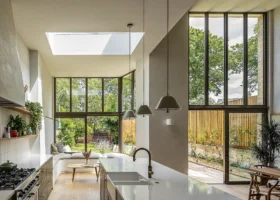
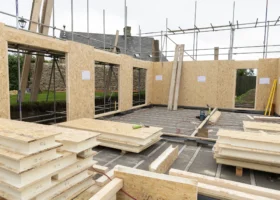

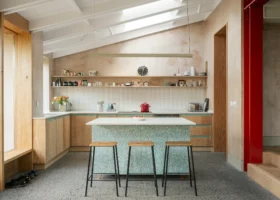
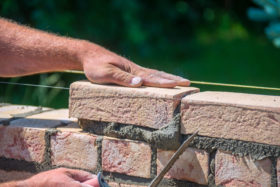
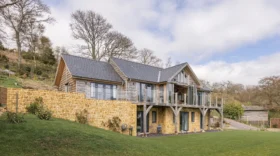
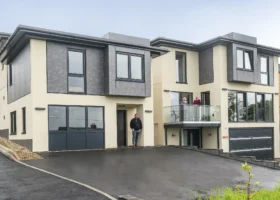
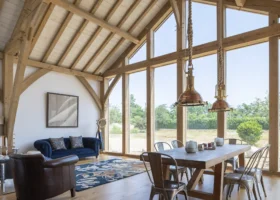
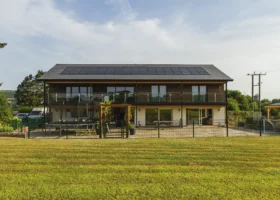
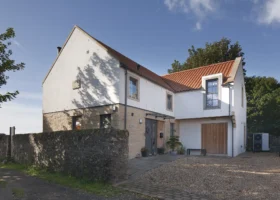



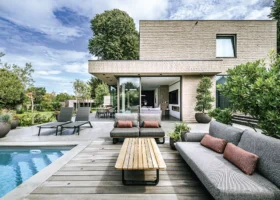
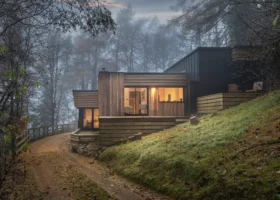







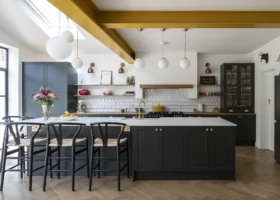
















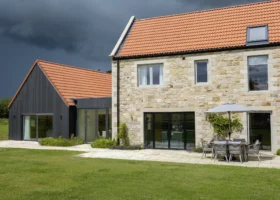













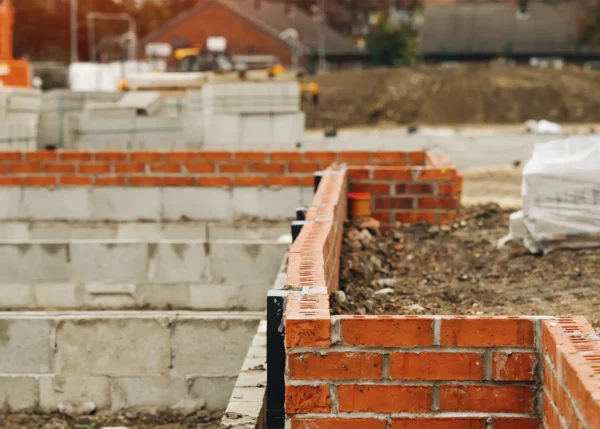





Hi Elias,
In terms of selling your land, you can list a plot with planning permission on our free-to-use land listing website, PlotBrowser.
However, in terms of raising funds for your building project, please see below some helpful advice from BuildStore’s Chris Martin (a self build finance expert on behalf of Build It) regarding self build mortgages and the Help to Buy Scheme:
“It’s important to find a specialist self build mortgage adviser early in the process – they’ll ask the right questions about your project to make sure any mortgage deal gives you money when you need it during your build. Depending on the home you’re looking to create, average costs for BuildStore clients come to around £180,000 to buy their plot and £320,000 for the construction and finish of the build itself.
Self build mortgages offer up to 95% of your land and build costs, although many have a limit of around 80%, so you’ll need to cover at least 5-20% of the sum with your own money. Using the ballparks above, that would typically work out to around £25,000-£100,000. If you already own your land, you can usually draw from its value, which may mean you can borrow the funds to cover all of your build costs.
For a standalone self build, you should expect to pay the equivalent of around 10% of your build costs for planning and architect’s fees (around £32,000 for the average project). However, this could be less if you buy a plot on a custom build site, where a lot of the preparation will have been done for you, or if you buy from a package home company, many of whom have pre-designed kits which can be altered to suit your needs.
Some lenders release funds based on the value of your project at a given point in the build, so you won’t know how much you’ll get until they do a valuation each time you want money released. Others agree guaranteed stage payments as part of the application, with no valuations during the build, which
is potentially a lot more reassuring.
The current Help to Build mortgage scheme offers up to 95% of your land and build costs and qualifies you for an equity loan of up to 20% of your costs. This is interest free for the first five years and is used to reduce your mortgage balance once you have completed your self build. When you come to repay the Help to Build equity loan later on, the amount you owe is linked to the value of your home at that time compared to your original land and build costs. So, it could be a lot higher if you built a lot of equity into your home. The scheme is currently under review, so you should keep an eye out for any announcements about changes to the way it works.”
Best of luck with your project plans,
Georgina Crothers (homes editor at Build It)